
Our objective
Our mission is to prevent strokes through early detection of silent atrial fibrillation (AF) and implement appropriate guideline-based management.
With a clinical implementation focus we are exploring novel strategies using eHealth tools and patient self-screening to detect unknown silent AF. AF is the most common abnormal heart rhythm – it is estimated that individuals over the age of 40 have a one in three lifetime risk of developing AF. AF is associated with one third of all strokes, which are largely preventable by anticoagulant medications that stop clots from forming inside the heart. Unfortunately, AF is frequently silent, especially in older people who are at greater risk of stroke, with the first sign of AF being a severe stroke.
Our AF screening research extends through collaborations with primary care and specialist clinics in Australia, the USA, Shanghai, Hong Kong, Japan, Vietnam, Germany and the UK.
Another major interest of our Group is to determine whether our Indigenous population has a higher burden of AF by screening in remote and rural Australia, in collaboration with the Poche Centre and the University of Auckland, NZ.
Our impact
Our main activities are to determine how best to screen for AF at scale, and to prevent as many strokes as possible. The more people screened and treated, the more strokes we can prevent. We continue global advocacy for screening for AF through the AF-SCREEN International Collaboration and the World Heart Federation (WHF). This is likely to change guidelines and influence future government policy, and have a global impact on stroke reduction through the Leadership of the WHF Roadmap update on AF by Prof Freedman.
In fact, the Australian Heart Foundation and Cardiac Society of Australia and New Zealand 2018 guideline on the management of AF had opportunistic screening for unknown AF as its first recommendation, with a practice point being about use of a handheld ECG pioneered by our Group, quoting our Group’s work in its recommendation. Many of our papers on screening were also cited in the 2020 European Society of Cardiology AF guidelines.
If screening for AF could be implemented widely in those aged 65 or older, and this could be coupled with greater prescription of anticoagulant therapy as advised in guidelines, then thousands of strokes could be avoided, not only in Australia but globally.
Selected publications
Freedman B, et al. Screening for atrial fibrillation: a report of the AF-SCREEN International Collaboration (white paper) Circulation 2017; 135: 1851-67.
Lowres N, et al. Estimated stroke risk, yield, and number needed to screen for atrial fibrillation detected through single time screening: a multicountry patient-level meta-analysis of 141,220 screened individuals. PLOS Medicine 2019;16:e1002903.
Lowres N, et al. Feasibility and cost effectiveness of stroke prevention through community screening for atrial fibrillation using iPhone ECG in pharmacies. The SEARCH-AF study. Thromb Haemost 2014; 111: 1167-76.
Freedman B, et al. Asymptomatic atrial fibrillation. The case for screening to prevent stroke. JAMA 2015; 314: 1911-12.
Freedman B, et al. Stroke prevention in atrial fibrillation. Lancet 2016; 388: 806-17.
Orchard J, et al. Atrial fibrillation: is there enough evidence to recommend opportunistic or systematic screening? Int J Epidemiol 2018; 47:1372-78.
Orchard J, et al. eHealth Tools to Provide Structured Assistance for Atrial Fibrillation Screening, Management, and Guideline-Recommended Therapy in Metropolitan General Practice: The AF-SMART Study. J Am Heart Assoc 2019; Jan 8; (1): e010959. doi: 10.1161/JAHA.118.010959.
Current Research Projects
- SAFER-AUS – part of the Cambridge -based study, which is the world’s largest study ever aiming to demonstrate the effectiveness of screening for atrial fibrillation to prevent stroke.
- AMES Trial – using cardiac echo after stroke to determine which patients are likely to have a recurrent stroke due to clot in the heart. Then the trial pits anticoagulants against aspirin the current standard of care to prevent this.
- BREATHE-SMART – study assessing shortness of breath in general practice
- EASI and WEAR-IT studies of implementation of AF screening in indigenous communities
The team
Projects
Collaboration with researchers in Toyama (Japan) to investigate the incremental yield of annual screening
Patient self-screening using a smartphone ECG to identify recurrence of postoperative atrial fibrillation after non-cardiac surgery and medical admissions in Concord Hospital, Royal Perth Hospital, and Gosford Hospital
Collaboration with the Poche Centre to screen for atrial fibrillation in Aboriginal Australians in remote and rural NSW, NT, and WA
Patient self-screening for atrial fibrillation in general practice using screening stations
News
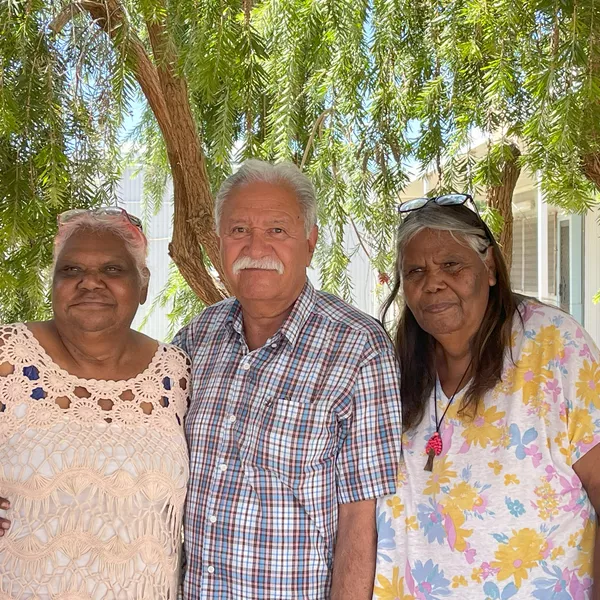
Heart rhythm helping to take pulse on Aboriginal health

HRI researchers honoured as finalists for prestigious mentor award
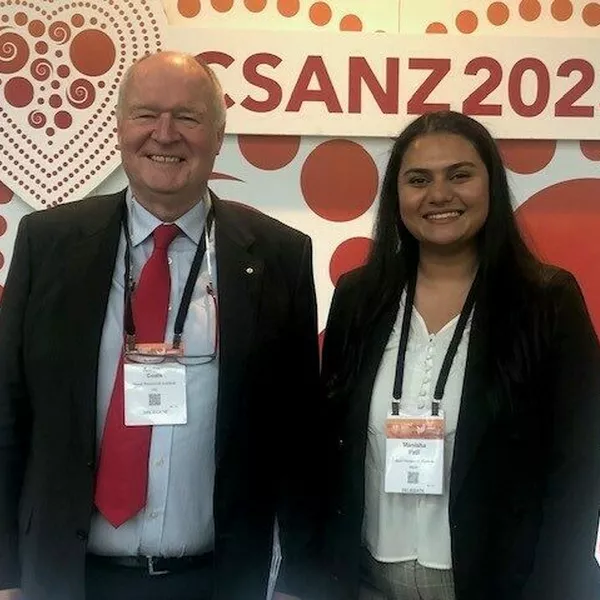
HRI members present at CSANZ Annual Scientific Meeting
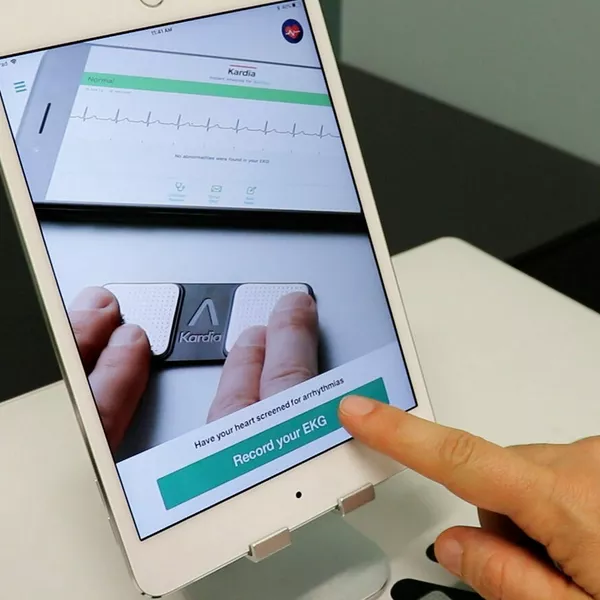
Self-screening for atrial fibrillation could reduce stroke

Heart rhythm clues in regular pulse check could stop stroke

Is atrial fibrillation (irregular heartbeat) a cause of dementia?

Leading Australian heart expert to improve Indigenous health

Link between dementia and atrial fibrillation (irregular heartbeat)

Quadruple success for HRI

When irregular heartbeat is something more: the WHF Roadmap on Atrial Fibrillation

Entry 149201
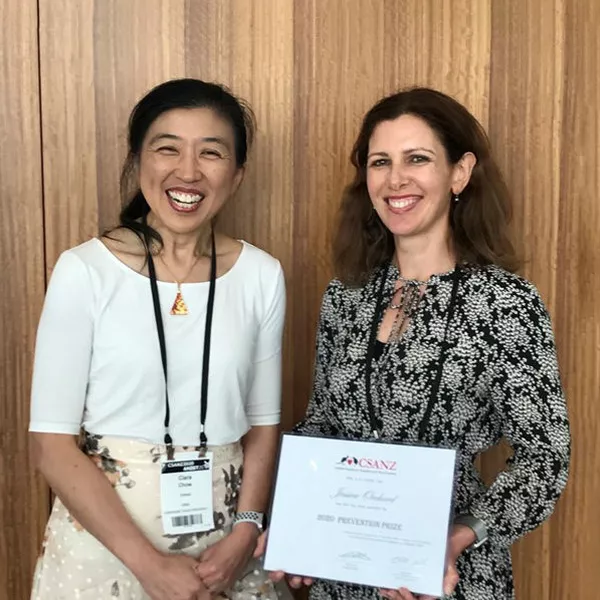
Dr Jessica Orchard wins CSANZ Prevention Prize

World-first study shows smartphones can improve detection rate of atrial fibrillation in patients following stroke

Heart screen could protect hundreds from stroke

Double win for Jessica Orchard
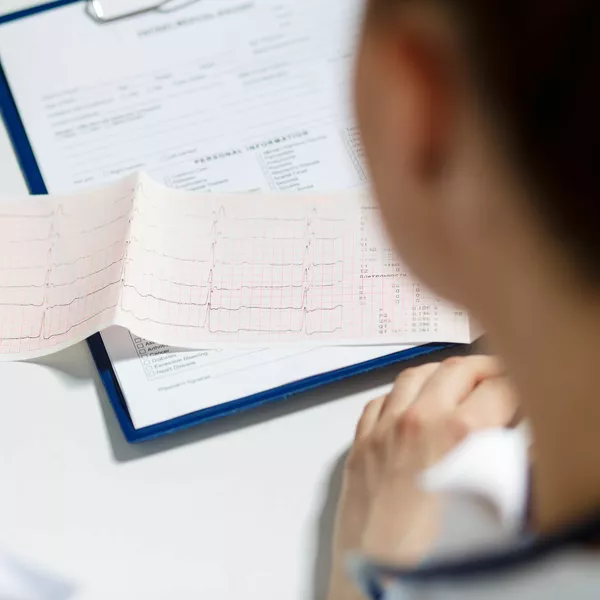
Monitoring hearts after stroke saves lives: experts
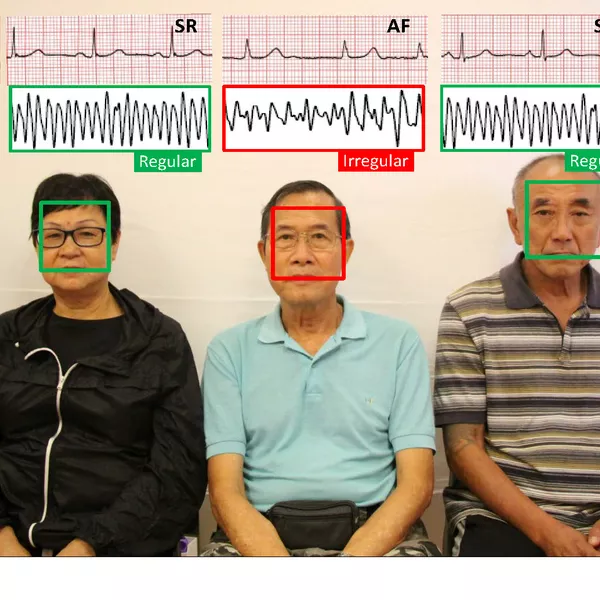
International collaboration to detect AF through face scans

Big-hearted investment to save Australian lives

HRI at the forefront of a global push for stroke screen

Research leader recognised internationally for life-saving work





